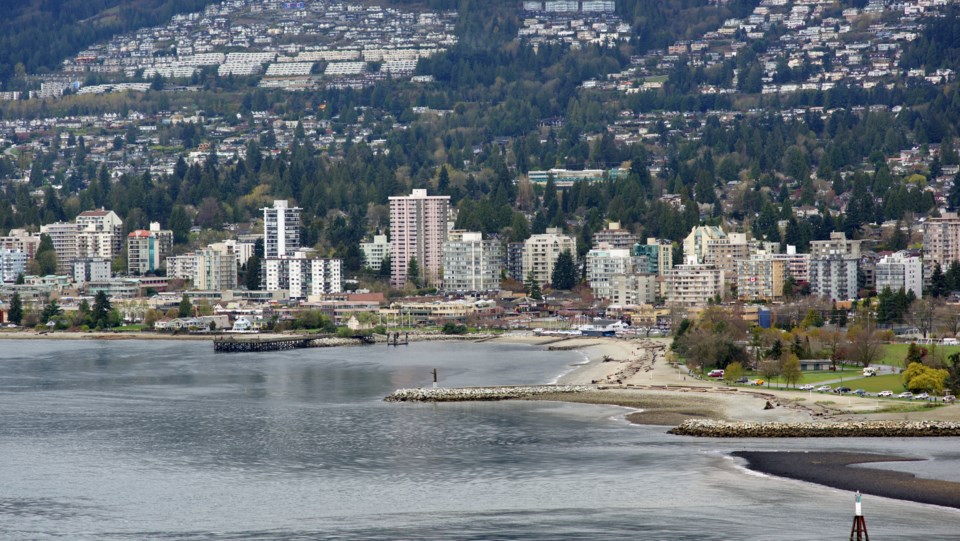It’s a municipal election year. The fundamental question before us, like in most local elections, will be whether our leaders should cater to the shorter-term needs of our existing residents, or take a longer view of their community.
For decades, successive councils in West Vancouver indulged the belief that you can stave off change simply by saying no to it. The latest census shows us, with a handful of exceptions, that the housing supply of West Vancouver today is almost indistinguishable from the housing stock of 20 years ago.
And today, West Van has one of the oldest populations in Metro Vancouver. Children and working-age people are seriously underrepresented. The municipality is almost totally reliant on other cities to house its workers, which means daily traffic jams that nobody wants.
Its residents pay some of the highest taxes in the region because it's done nothing to diversify its tax base.
In the last election, voters in the District of North Vancouver elected a council that largely subscribed to the belief that the needs and wants of existing residents should be the priority. They will not need a visit from the Ghost of Christmas Future to show them what the result will be. West Vancouver is already offering itself up as a cautionary tale of what happens when you think you can opt out of change.
The census offers a cold dose of reality that all would-be council members should learn from. You cannot freeze time. You cannot have the status quo cast in bronze. By trying, you can only engineer yourself newer, much harder-to-solve problems.



